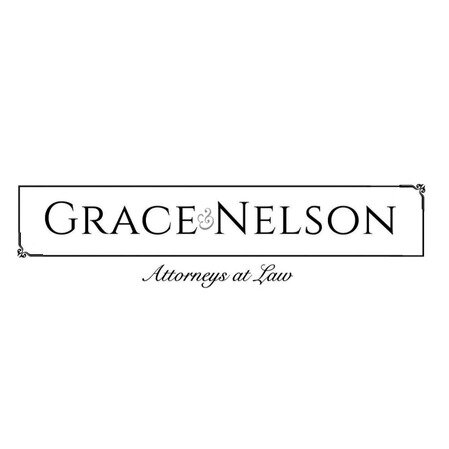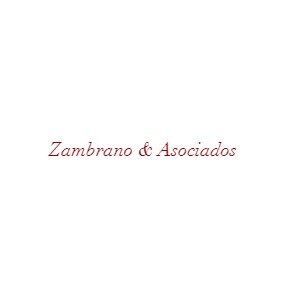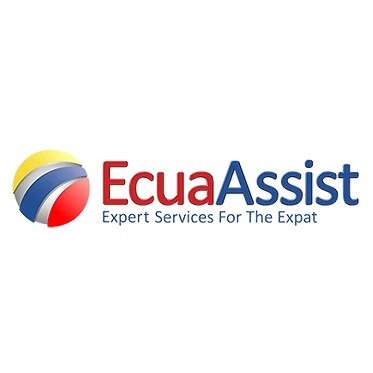Best Foreclosure Lawyers in Ecuador
Share your needs with us, get contacted by law firms.
Free. Takes 2 min.
Free Guide to Hiring a Real Estate Lawyer
Or refine your search by selecting a city:
List of the best lawyers in Ecuador
About Foreclosure Law in Ecuador
Foreclosure in Ecuador deals with the legal process by which a lender attempts to recover the balance of a loan from a borrower who has stopped making payments. This typically involves the lender taking possession of and selling the property secured by the loan. In Ecuador, the foreclosure process is governed by national laws, and involves several steps, including notification and judicial proceedings. The approach to foreclosure here is intended to balance the rights of lenders and borrowers, ensuring due process and fair treatment.
Why You May Need a Lawyer
There are various situations where legal assistance could be crucial in matters of foreclosure:
- If you are facing foreclosure and need guidance on your rights and options.
- If you need representation in court to contest the foreclosure or negotiate with lenders.
- If you are a lender or financial institution requiring assistance with the foreclosure process.
- If you are involved in disputes over the validity of a mortgage or loan agreement.
Legal advice can help navigate the complexities of foreclosure laws, provide defense against unfair practices, and attempt to halt or delay foreclosure proceedings where possible.
Local Laws Overview
Ecuadorian foreclosure law involves several important legal concepts and processes:
- Notarial Foreclosure: Involves a notary who oversees the foreclosure process without needing court intervention. It's faster and less costly.
- Court Proceedings: When agreements can't be reached, the matter can go to court where a judge will preside over the dispute's resolution.
- Borrower Protections: Laws in Ecuador seek to protect borrowers from predatory lending and unfair foreclosure practices. Borrowers have rights to notification and a chance to redeem the property.
- Sale Process: Once the foreclosure is approved, the sale of the property will typically be conducted via public auction.
Frequently Asked Questions
What is the first step a lender takes towards foreclosure?
The lender must notify the borrower of their default and intention to initiate foreclosure, providing an opportunity to cure the default or negotiate terms.
How long does the foreclosure process take in Ecuador?
The duration can vary, but typically the process can take several months to over a year, depending on whether it is handled through notarial foreclosure or the court system.
Can foreclosure be stopped once it has started?
Yes, foreclosure can sometimes be stopped if the borrower and lender come to a mutual agreement, or if there are legal grounds to contest the process.
What are my rights if my property is being foreclosed?
As a borrower, you have the right to due notice, opportunities to cure defaults, and to challenge the foreclosure in court if necessary.
Is it possible to renegotiate my loan during foreclosure?
Yes, many lenders are open to negotiation to modify loan terms, especially if it appears that the borrower can catch up on payments with a modified agreement.
What happens to my property after foreclosure is complete?
Once foreclosure is complete, ownership of the property typically transfers to the lender, who will then usually sell it to recover their investment.
Are there government programs that can assist me if I'm facing foreclosure?
Government programs may exist to assist homeowners in distress, often focused on counseling services, financial assistance, or mediations.
What are the costs involved in foreclosure?
Costs can include legal fees, court costs, and any fees associated with selling the property, which are often borne by the party initiating foreclosure.
Do lenders in Ecuador have to go through the courts to foreclose?
Not necessarily. In many cases, notarial foreclosures, which do not require court intervention, can be pursued.
Can I be subject to additional penalties during the foreclosure process?
Penalties may apply in the form of late fees or additional interest, but these should be outlined in your loan contract.
Additional Resources
Resources that may be of assistance to those dealing with foreclosure in Ecuador include:
- Local Legal Aid Organizations: Offering free or reduced-cost legal assistance.
- Ecuadorian Banking Superintendence: Provides information and oversight concerning financial practices.
- Consumer Protection Agencies: Help ensure fair treatment in financial transactions.
Next Steps
If you require legal assistance regarding foreclosure in Ecuador, consider taking the following steps:
- Consult a Lawyer: Seek a qualified lawyer specializing in real estate or foreclosure law in your area.
- Gather Documents: Collect all relevant loan documents, payment records, and correspondence with your lender.
- Understand Your Options: Work with your lawyer to explore options like loan modification, deed in lieu of foreclosure, or fair market sale.
- Stay Informed: Keep up-to-date with any legal changes that might affect your case and maintain communication with your legal representative.
Lawzana helps you find the best lawyers and law firms in Ecuador through a curated and pre-screened list of qualified legal professionals. Our platform offers rankings and detailed profiles of attorneys and law firms, allowing you to compare based on practice areas, including Foreclosure, experience, and client feedback.
Each profile includes a description of the firm's areas of practice, client reviews, team members and partners, year of establishment, spoken languages, office locations, contact information, social media presence, and any published articles or resources. Most firms on our platform speak English and are experienced in both local and international legal matters.
Get a quote from top-rated law firms in Ecuador — quickly, securely, and without unnecessary hassle.
Disclaimer:
The information provided on this page is for general informational purposes only and does not constitute legal advice. While we strive to ensure the accuracy and relevance of the content, legal information may change over time, and interpretations of the law can vary. You should always consult with a qualified legal professional for advice specific to your situation.
We disclaim all liability for actions taken or not taken based on the content of this page. If you believe any information is incorrect or outdated, please contact us, and we will review and update it where appropriate.
Browse foreclosure law firms by city in Ecuador
Refine your search by selecting a city.














